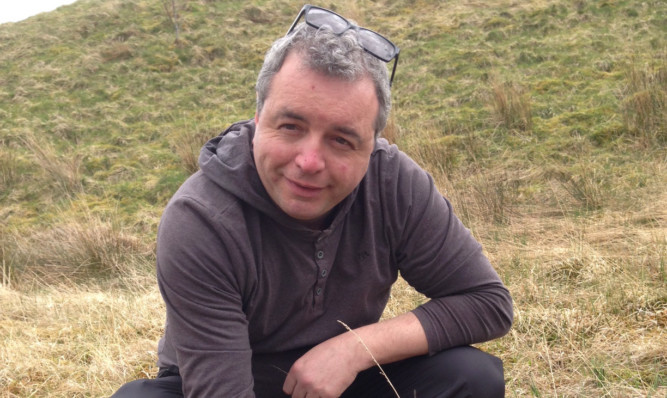Upland farmers and managers need to ditch their single species approach to land and spread the economic risks by embracing forestry, conservation and even the concept of rewilding.
That was the message at Tuesday’s conference on agriculture and the environment run by SRUC and Sepa in Edinburgh.
Professor Davy McCracken of Scotland’s Rural College (SRUC) told delegates the upland environment was not properly recognised for the economic, environmental, social and cultural importance that it delivered.
And he warned the growing conflict over the future management of Scotland’s uplands needed to be urgently addressed.
“There are three overriding issues,” he said.
“The uplands are fragile from an economic perspective.
“Everyone is pushing in different single species directions, which isn’t good for the environment, and there’s an assumption that rewilding is good and farming is bad.
“I’m an ecologist. I understand what rewilding is. And it seems perverse to me that the rewilding debate has been driven by huge changes in the lowland landscape.
“It’s perverse to tar all farmers with the same brush and doesn’t recognise the importance of existing hill farming and crofting systems for the high nature farming they provide.
“We need to bring change forward and find a way of integrating the land uses and we need to start that conversation now to achieve the objectives, or it will be a case of upland farming or rewilding.”
Professor McCracken, who is head of SRUC’s hill and mountain research farm near Crianlarich, said that in some areas of Scotland hill farming was on its “last legs”.
“In places like Galloway we’re losing large numbers of sheep and farms that can run sheep,” he said.
“It doesn’t need to be sheep or trees. It doesn’t need to be game or trees. We need to see much more integration.”
His view was shared by Jamie Farquhar, Scottish manager of the Confederation of Forest Industries (Confor) who said it was time for farmers in the uplands to look again at their approach to forestry.
“The demand for big scale commercial forestry is still there,” he said.
“But farmers need to consider the options.
“In future it needs to be a case of trees plus sheep plus cattle, not sheep versus trees.
“Farmers don’t need to give up farming why should they? but we can support them by giving them a different income stream.”
However Mr Farquhar said establishing a woodland wasn’t “a DIY job”.
“It’s a job for the pros,” he said.
“And if farmers are going to grow trees they’ll want something to sell at the end of the day. Native woodlands are all very well but a productive crop makes better financial sense.”
